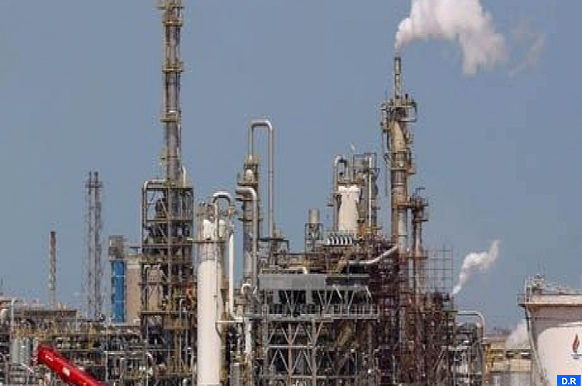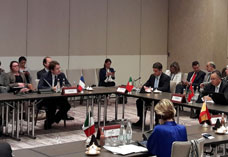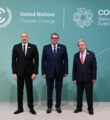Pollution Kills 1.7 Million Children Every Year, WHO Reports
Geneva – Exposure to environmental pollutants kills 1.7 million children under the age of five each year, according to two reports released on Monday by the World Health Organization (WHO).
Worldwide, more than one in four deaths among children under the age of five are attributable to environmental hazards such as indoor and outdoor air pollution, contaminated water, and poor sanitation, the WHO reports.
The first report finds that some of the most common causes of death among young children — diarrhea, malaria, and pneumonia — can be prevented through providing access to safe water and clean cooking fuels, and other efforts to reduce environmental risks.
The second report details the impact that exposure to polluted environments has had on child mortality.
“A polluted environment is a deadly one — particularly for young children,” WHO Director-General Margaret Chan said in a statement, adding that “their developing organs and immune systems, and smaller bodies and airways, make them especially vulnerable to dirty air and water.”
According to the second WHO report, 570,000 children under the age of five die every year from respiratory infections linked to indoor and outdoor air pollution, and second-hand smoke; 361,000 die every year from diarrhea, because of poor sanitation, hygiene, and limited access to safe drinking water; and 270,000 die during their first month from conditions that could have been prevented through improved sanitation, access to safe water, and reduced air pollution. Another 200,000 deaths from malaria could have been prevented through mosquito control and safer water management, the report finds.














